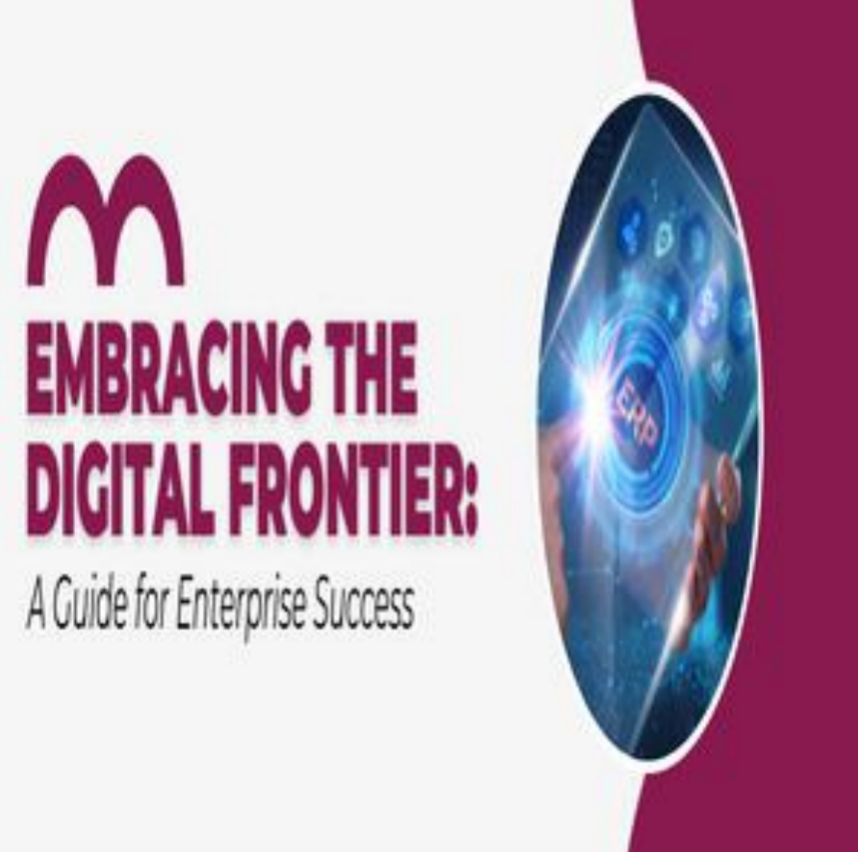When high-spending people near their 30s, their choices about how to manage their assets can significantly influence their financial future. Besides common advice, there are detailed strategies that can help young, wealthy earners build lasting wealth and achieve financial independence.
Leveraging Youthful Risk Tolerance Strategically
One of the key benefits of being under 30 is the ability to take more risks. Rather than just spreading money across safer, traditional investments, younger individuals who spend more can wisely invest part of their finances in opportunities that offer high growth but come with greater risk. Think about putting money into early-stage venture capital funds or new fintech companies. While these investments can be unstable, they may lead to significant profits. For example, investing early in a groundbreaking blockchain financial service could result in great earnings as the technology develops. By making smart risks now, you can take advantage of compounding over a longer period, which is a special benefit of being young.
Embracing the Digital Asset Frontier
In today’s financial world, digital assets have become a significant part of the norm. Understanding and adding digital assets to your investment strategy before hitting 30 is essential. Options like Bitcoin and Ethereum, along with non-fungible tokens (NFTs) in both art and gaming, can help to broaden your investment reach. Young people with considerable wealth can look into specialized cryptocurrency funds run by professionals, granting them access to the digital market while lowering some of the risks of owning assets directly. Moreover, NFTs can act as a store of value and a worthwhile investment, particularly those linked to unique digital events or rare art collections.

The Power of Human Capital as an Asset
Human capital, often underestimated, stands as one of the crucial assets for those younger than 30. Individuals who spend freely should consider personal investments as essential to their overall financial strategy. Setting aside funds for ongoing education is key—this includes participating in executive training, acquiring specialized credentials, or joining top industry conferences. Such investments can notably boost your earning potential, raising the worth of your human capital. For instance, developing in-demand abilities like artificial intelligence or data analytics can lead to more lucrative job offers and profitable consulting roles. Additionally, nurturing a robust professional network during this time is another way to enhance your human capital, as these connections can create valuable business collaborations and investment chances down the line.

Structuring a Portfolio for Lifestyle Flexibility
Young adults who spend a lot often prioritize flexibility in their lifestyles. When deciding how to invest, it's wise to choose options that offer both financial gains and lifestyle advantages. Properties for vacation or shared living in popular city areas can achieve this goal. A vacation home can serve as a personal getaway and also earn rental income when you're not there. Shared living spaces are becoming a favored choice for investors, as they provide consistent income while immersing you in a lively community. Moreover, spending on experiences like lavish travel that expands your worldview or attending exclusive cultural events can also support your financial and personal development in indirect ways.

Incorporating Philanthropy into Asset Allocation
For young, high-spending individuals in their 20s, incorporating charity into investment decisions can offer significant advantages. Allocating part of your wealth to support charitable initiatives not only contributes positively to society but also opens up distinctive investment possibilities. One area to consider is impact investing, which seeks to achieve financial returns alongside social or environmental progress. For instance, putting money into green energy projects or social ventures aimed at reducing poverty can help align your investment goals with your personal beliefs. Additionally, engaging in philanthropy can lead to new connections and experiences, potentially offering valuable insights for both business and personal development.
To sum up, for affluent young people nearing 30, asset allocation encompasses more than just financial metrics. By taking advantage of their willingness to take risks, embracing digital investments, focusing on human capital, ensuring lifestyle flexibility, and incorporating charitable giving, young earners can craft a comprehensive investment strategy that paves the way for long-term financial success and a rewarding life.



